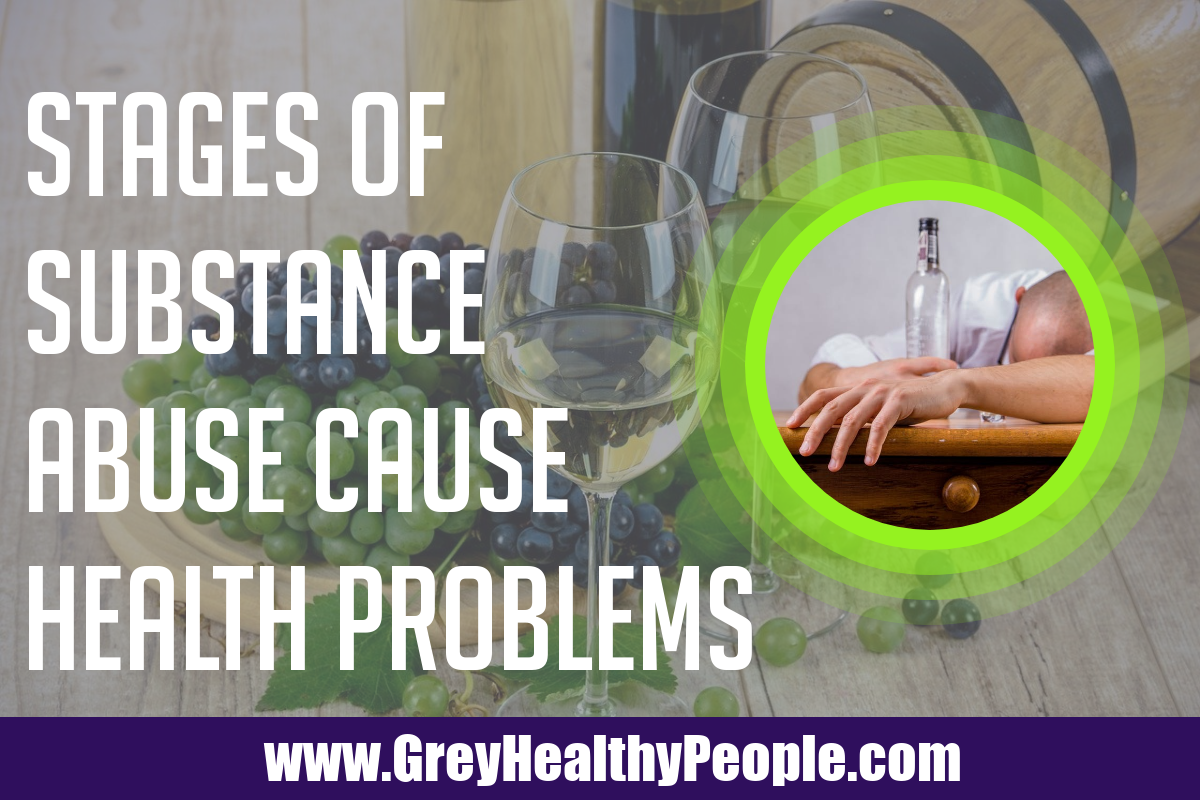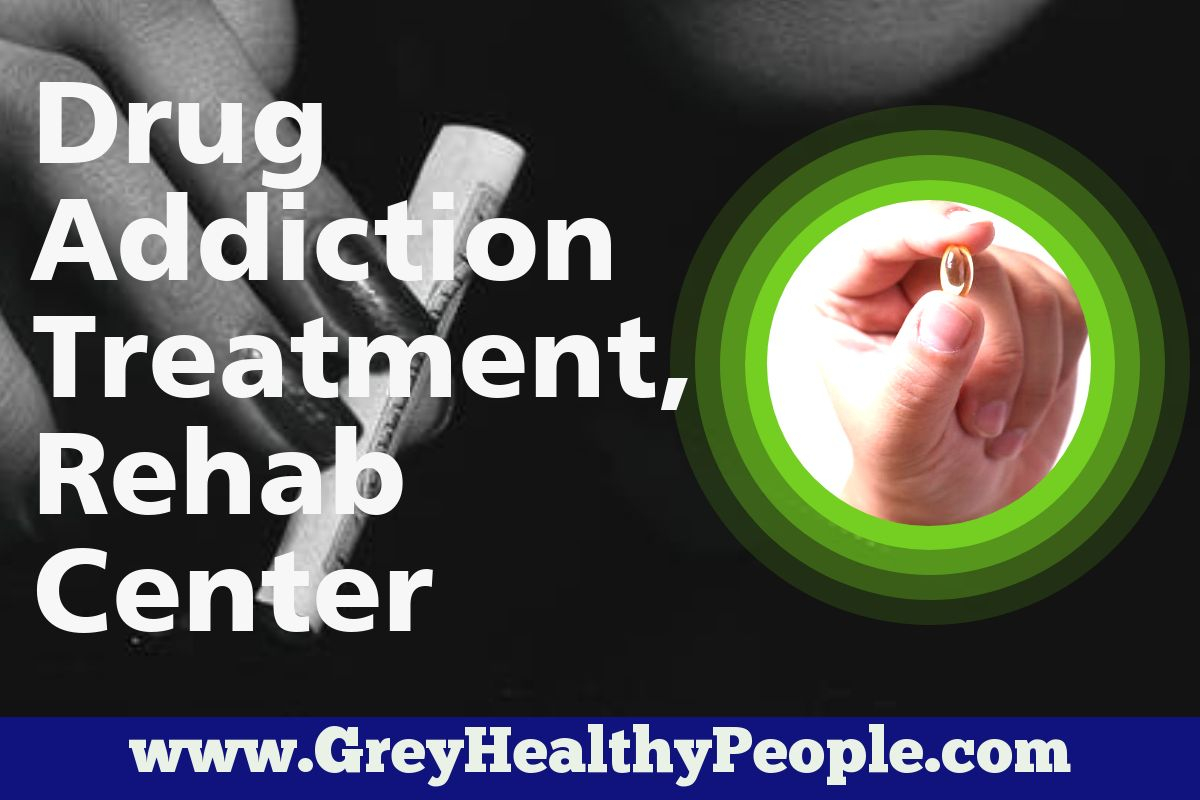Three stages of substance abuse cause health problems: Drug addiction is a complex and progressive condition that slowly deteriorates someone’s physical and psychological health. While many may feel that addiction is an overnight development, it develops gradually in a series of stages. Many people who develop an addiction to drugs and alcohol start off using substances on a casual basis. Over time, occasional use morphs into substance abuse and dependence. This article explores the three stages of substance abuse.
Stage 1–Binge and Intoxication
The first stage of substance abuse is the binge and intoxication stage. In this initial stage, people that take their substance of choice experience a dramatic surge of dopamine. Dopamine is the brain’s “feel good” transmitter, and it promotes feelings of euphoria and satiety. The flood of dopamine in the brain is concentrated in the reward centre of the brain called the nucleus accumbens. Over time, the brain and nervous system become conditioned to begin producing dopamine in anticipation of a substance entering the body.
In this stage, the brain becomes conditioned and associates not only substance use but also locations and particular conditions with reward. It can be a physical place such as a house, park, or bar or even the smells of the substance—these environmental cues can trigger powerful cravings. Chrionic substance use can begin to deplete stores of certain neurotransmitters and can desensitize receptors that allow us to feel the effects of those neurotransmitters. Under these conditions, an addict needs more and more or a substance to feel the same effect and may not be able to produce adequate levels of dopamine required to feel “normal.”
Stage 2—Withdrawal
As substance abuse progresses, there is a significant shift regarding how substances make the user feel. In this stage, the brain resets the reward system. As a result, people who take substances will not feel the level of euphoria as they did when they first started using it. As the feelings of pleasure from using wane, so does the pleasure derived from the activities and loved ones they cherish.
When the effects of a substance wear off, and more of that substance and use is discontinued, the brain and body go through withdrawals. Users experience a variety of physical and psychological symptoms that create unease and discomfort. They feel increased stress and anxiety, and they pull away from family and loved ones. These feelings start to create a vicious cycle. To alleviate these feelings, users must continue to take their substance of choice and take more of it in the hopes of feeling “normal” again.
Stage 3—Preoccupation and Compulsion
The third stage of substance abuse involves the user’s increased obsession with their substance of choice. The user’s drug use becomes their sole daily focus while their employment, financial, and family obligations take a back seat. Despite the negative consequences the user experiences in their everyday life, they continue to use substances. In this phase, chronic drug use has messed up the parts of the brain that regulates impulse control and decision making.
Are You Addicted to Drugs and Alcohol There is Help
Drug addiction is heartbreaking and demoralizing. Not only does it adversely affect the user, but it also affects their family, friends, and the community at large. If you are struggling with substance abuse, you may feel that help is out of reach. Fortunately, many professional treatment options exist to help you address your addiction. With the help of professional treatment staff, you can receive the tools and support you need to find lasting recovery.
While there are many treatment options, you must find programs that feature medical detox, therapy, 12-step support, and life and coping skills training. Additionally, these programs need to include aftercare options such as outpatient counselling and sober living. Before you make any commitment to a program, do your due diligence in research. Talk to treatment professionals and ask many questions. Drug treatment is a considerable investment in time and money; however, it can be one of the most significant investments you ever make in your life.




